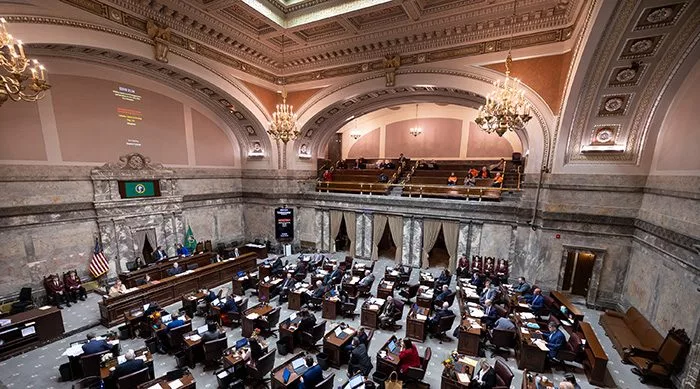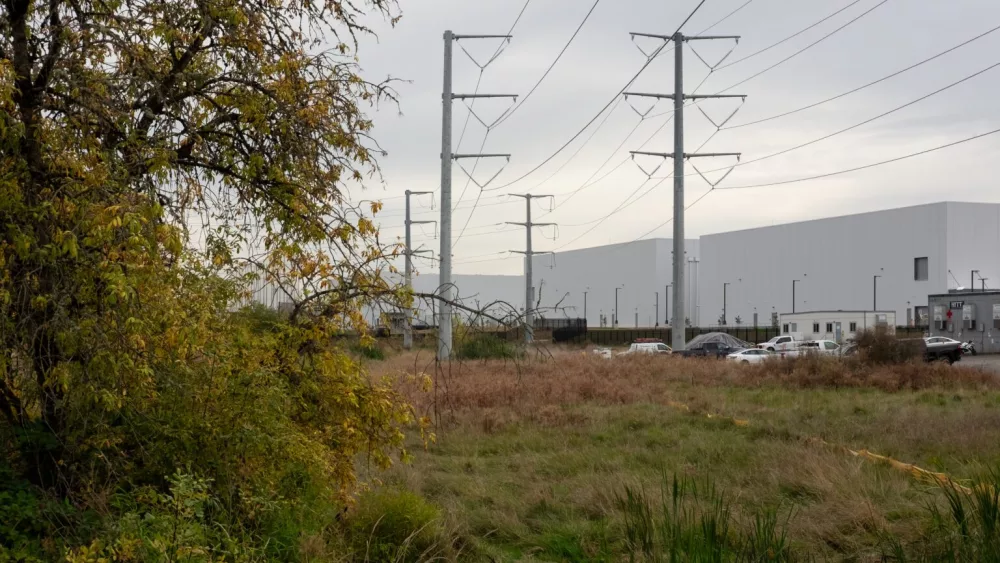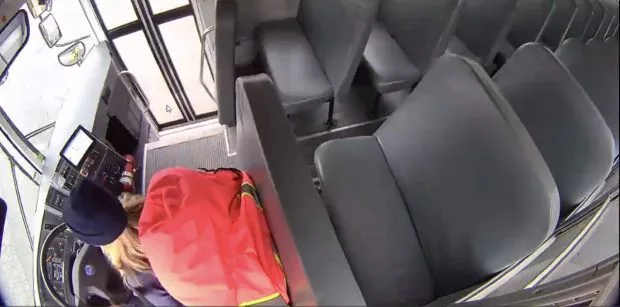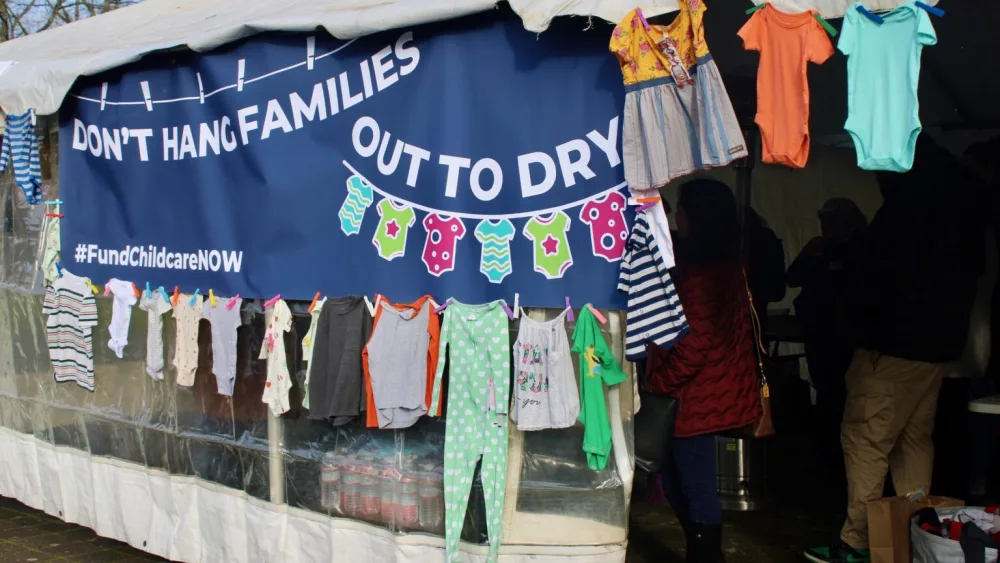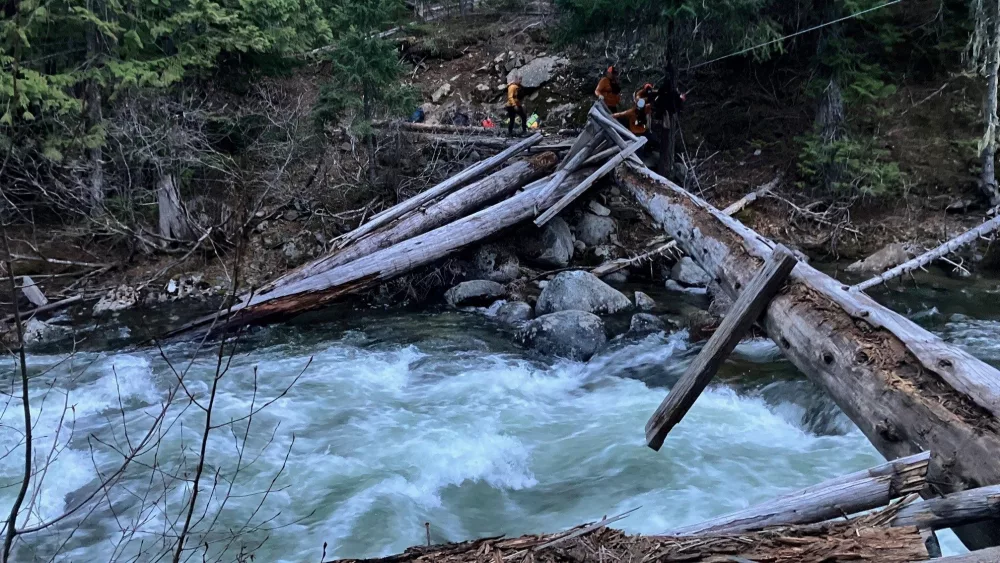OLYMPIA, WA – Bills dealing with cow burps, the state flag, and changes to police traffic stop standards are among the first to land in the legislative graveyard this year in Olympia.
This session, lawmakers in the state House and Senate have introduced nearly 1,800 bills. To stay alive, much of that legislation needed to get voted out of policy committees by Friday.
Next week, more bills will join the cemetery as a Feb. 28 deadline arrives for legislation to pass out of fiscal and transportation committees in the chamber where it originated. From there, bills have to pass more checkpoints, including floor votes, to remain in play. The session is scheduled to end April 27.
Bills deemed “necessary to implement the budget,” like those that include new taxes, are immune from the deadlines.
Here’s a rundown of some of the measures that didn’t make it past the first cutoff.
Traffic stop reform
This won’t be the year for police accountability advocates seeking to restrict when officers can pull over drivers.
House Bill 1512 would have barred police from stopping people solely for nonmoving violations like a broken headlight or expired tabs. Supporters argued this would free up time for police to focus on other enforcement, like drunk and speeding drivers, while also limiting stops that disproportionately impact people of color.
But the Democrat-backed bill ran into opposition from police groups that argued it was coming at a bad time with traffic deaths rising over the past decade. Advocates plan to continue working on the bill and revive it next year.
Fast fashion
The runway was cut short for a bill focused on environmental fallout from so-called fast fashion — inexpensive clothing that tends to have a limited lifespan before getting discarded.
Rep. Sharlett Mena, D-Tacoma, proposed that the Department of Ecology collect information about the fashion industry’s environmental and labor practices, a step toward possible future policymaking. Companies that failed to provide this information could have faced penalties.
Business groups opposed the legislation, saying compliance costs would be passed to consumers and that it could end up limiting what clothing products are available in the state. Supporters said the requirements are manageable and the information businesses would have to share is already covered in reports that companies like Nike produce.
The Department of Ecology remained neutral on this bill.
Health care for immigrants
Immigrant advocates threw their weight behind House Bill 1482, which called for an expansion of Medicaid coverage for people without legal immigration status. The bill, sponsored by Rep. My-Linh Thai, D-Seattle, never received a hearing. Funding for the idea could re-emerge as a proviso in the budget, similar to previous years.
Cow emissions
Rep. Lisa Parshley, D-Olympia, introduced House Bill 1630, which proposed collecting data on methane emissions from cows. It drew a burst of adverse reactions from farmers and Republicans who argued it was a step toward taxing cow burps and farts and adding cumbersome clean air regulations for dairies and cattle operations. The bill, which received a hearing but no vote, will remain bottled up for this year.
State flag redesign
Rep. Strom Peterson’s House Bill 1938 outlined a process to redesign Washington’s state flag by 2028. But it won’t be flying this year. Peterson, D-Edmonds, criticized the state’s current flag as too plain and said the redesign could help foster state pride. Republicans slammed the idea, particularly the possibility of removing George Washington’s image from the flag.
School temperatures
House Bill 1031, sponsored by Rep. Kristine Reeves, D-Federal Way, was an attempt to deal with rising temperatures in public schools due to climate change.
The bill, which didn’t receive a hearing, would have directed the Washington Office of Superintendent of Public Instruction to develop indoor temperature standards, including a maximum temperature recommendation, and rules related to school districts’ cancellation of school days due to excessive heat.
Impaired driving
One of a suite of bills aiming to tackle the rise in traffic deaths, House Bill 1426 would have created a new type of civil protection order focused on impaired driving. The court orders could have required drivers to have ignition interlock devices in their cars or stop drinking entirely.
The bill had sponsors from both sides of the aisle, and had broad support from interest groups. But the prime sponsor, Rep. Lauren Davis, D-Shoreline, said the House Civil Rights and Judiciary Committee “felt there was more work to be done to hash out the implementation logistics.” She plans to bring back a revised version next year.
Gender-affirming care
A bill with Republican support to prohibit puberty blockers, hormone therapy and surgery for minors seeking gender-affirming care never had a chance in the Democrat-run Legislature.
But earlier this month, House Bill 1038 drew an impassioned rebuke from Democratic leaders who said they’d fielded numerous calls from the parents of transgender youth worried about this legislation.
“People are petrified for their kids, and for themselves,” House Speaker Laurie Jinkins, D-Tacoma, told reporters. “I can certainly sit here and say those bills are not going to get a hearing, they’re not going to move forward, and that’s what I tell these parents, but it doesn’t stop the concern that they feel for their children.”
Senate Majority Leader Jamie Pedersen, D-Seattle, said his office had gotten over 500 emails and calls from constituents about the bill, which didn’t get a committee hearing.
Self-checkout
A Democrat-backed bill would have established new requirements for grocery stores using self-checkout stands.
While workers supported House Bill 1739, grocers argued the regulations were too restrictive. Under the legislation, grocery stores could only have self-checkout stations if an employee was dedicated to monitoring them and a traditional checkout lane was open.
The lead sponsor, Rep. Mary Fosse, D-Everett, said she plans to fine-tune the policy in the interim and revive debate on it next session.
Battle of the clams
And last, but certainly not least, Washingtonians will have to live another year without a state clam.
Dueling measures seeking to shell out that honorable title both cracked under pressure.
Lawmakers didn’t bite on legislation to name either the Pacific razor clam or the Pacific geoduck as the Washington state clam. Despite the name, geoducks are the world’s largest burrowing clam.

